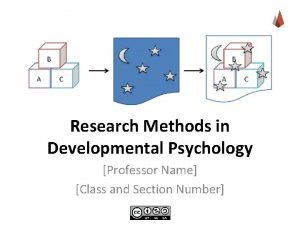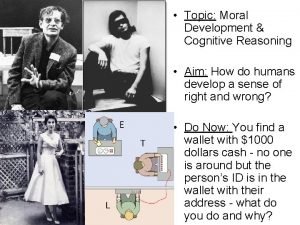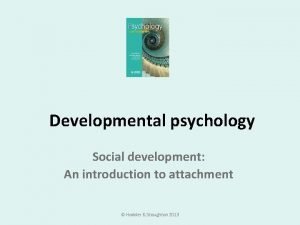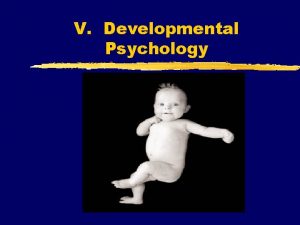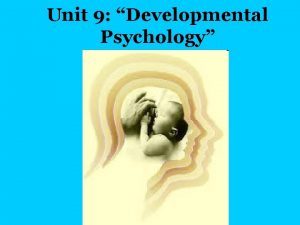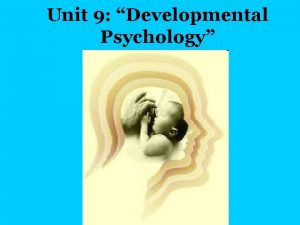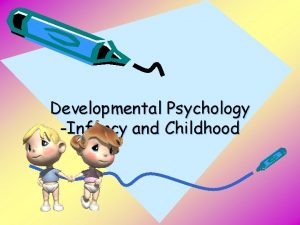Privation DEVELOPMENTAL PSYCHOLOGY Starter Quick quiz on research


![Research Methods Quiz 1. Qualitative data 2. Aim 3. Independent groups/measures design] 4. Volunteer Research Methods Quiz 1. Qualitative data 2. Aim 3. Independent groups/measures design] 4. Volunteer](https://slidetodoc.com/presentation_image_h2/0f22b26470a99f576b1c460f4d8fd6ba/image-3.jpg)






- Slides: 9

Privation DEVELOPMENTAL PSYCHOLOGY

Starter Quick quiz on research methods key terms!
![Research Methods Quiz 1 Qualitative data 2 Aim 3 Independent groupsmeasures design 4 Volunteer Research Methods Quiz 1. Qualitative data 2. Aim 3. Independent groups/measures design] 4. Volunteer](https://slidetodoc.com/presentation_image_h2/0f22b26470a99f576b1c460f4d8fd6ba/image-3.jpg)
Research Methods Quiz 1. Qualitative data 2. Aim 3. Independent groups/measures design] 4. Volunteer sampling 5. Case study 6. Reliability 7. Demand characteristics 8. Debriefing 9. Standard deviation 10. Lab experiment

Learning Objectives To define the term privation To describe and evaluate research into the effects of privation To discuss case studies looking at privation

Privation The lack of ever having had/formed any attachments What is the difference between privation and deprivation? ? ?

Case Study - Genie What were the effects of privation? ? ?

The effects of Privation: Hodges and Tizard (1989) Read through the study in your booklets Highlight the key points Complete the conclusion section – what do the results tell us about the effects of privation? ? ? All groups showed poor social relationships (difficult to make friends) so privation can have a negative effect outside of the home. However, the adopted group were able to form good attachments which shows that privation doesn’t have to have negative effects if a supportive environment is provided. Read through the evaluative points – can you outline the main problems with the study? ? ? EXTENSION : Use page 134 of textbooks to read about the Czech twins and Rutter’s research.

Rutter – Romanian Orphans The children were assessed at the ages of 4, 6 and 11 years with the findings that the children adopted younger than 6 months developed normally in line with British adopted children, but those adopted older than 6 months showed disinhibited attachments (forming an attachment with any adult rather than maintaining a strong bond with one primary caregiver)

Before you go… Your mock exam will be made up of two sections (72 marks total): Section A: Cognitive Psychology and Research Methods - Worth 36 marks - Made up of short answer questions (1 -5 marks) and one 12 mark question Section B: Developmental Psychology and Research Methods - Worth 36 marks - Made up of short answer questions (1 -5 marks) and one 8 or 12 mark question Spend 45 minutes on each section = 1 ½ hours in total
